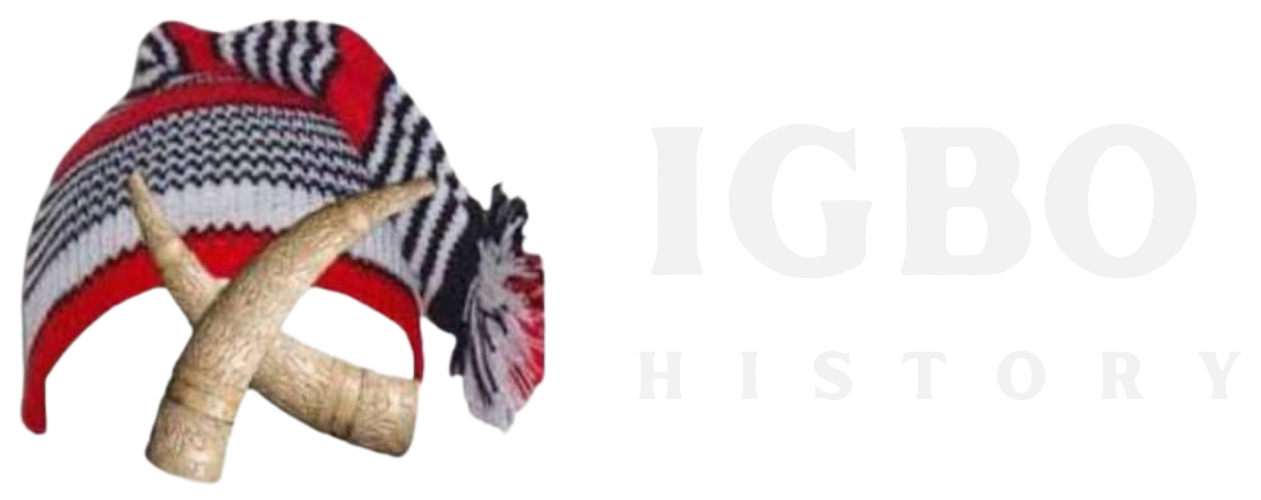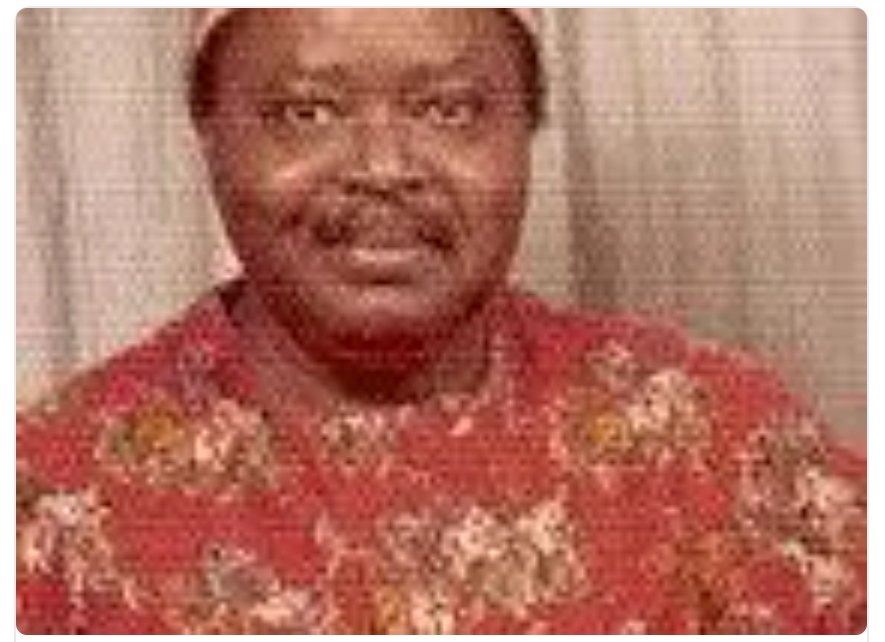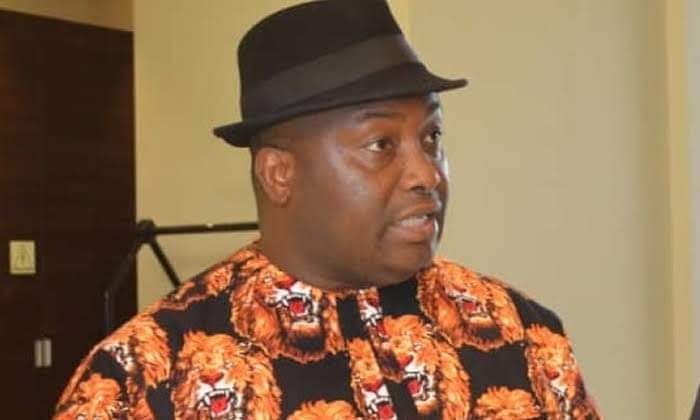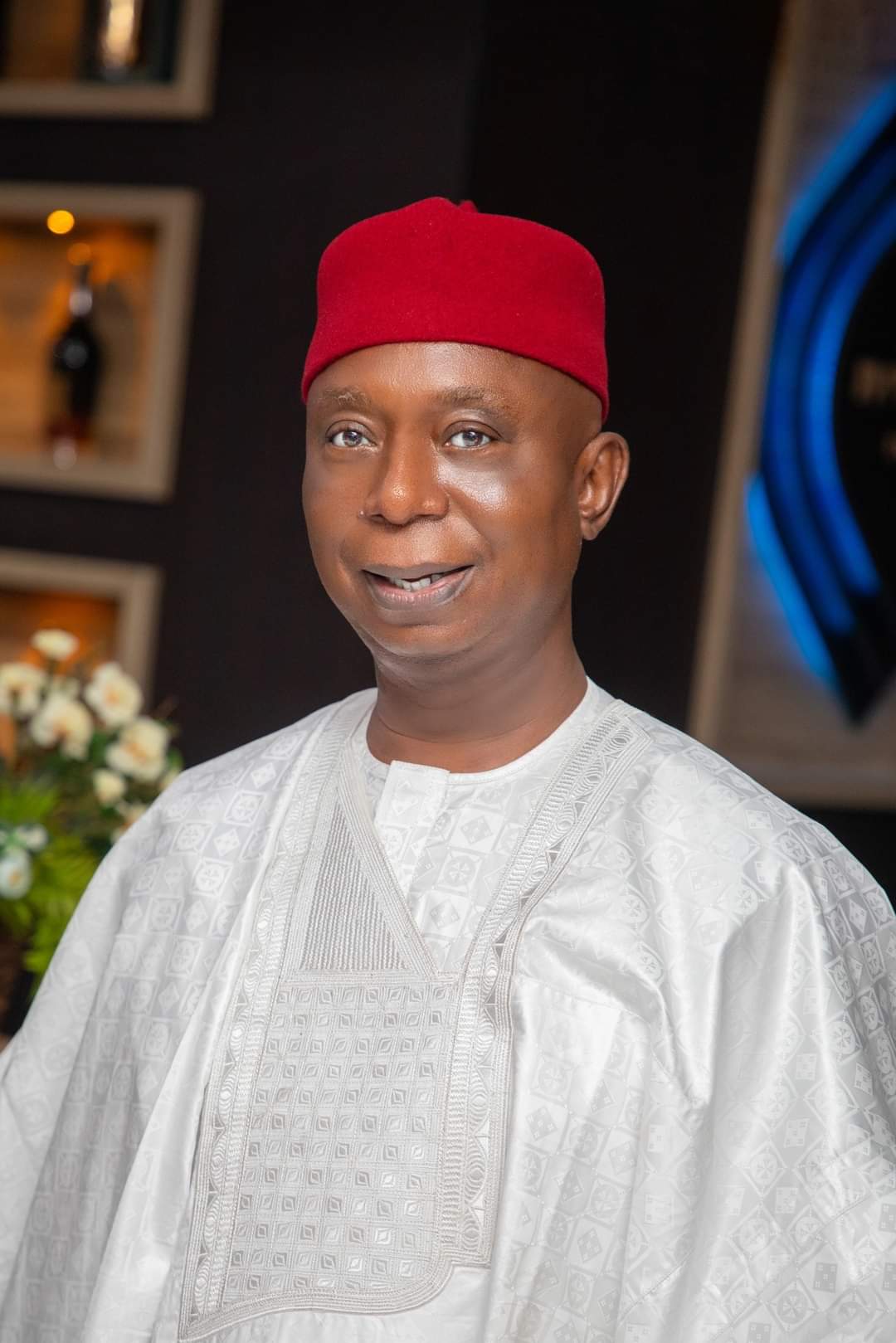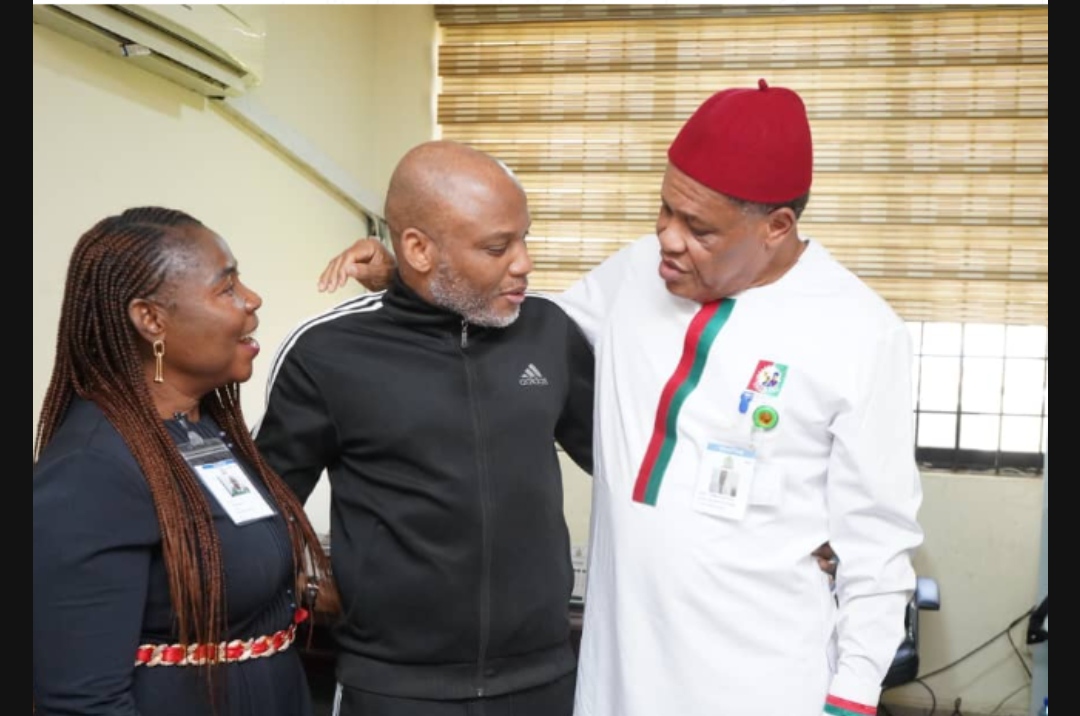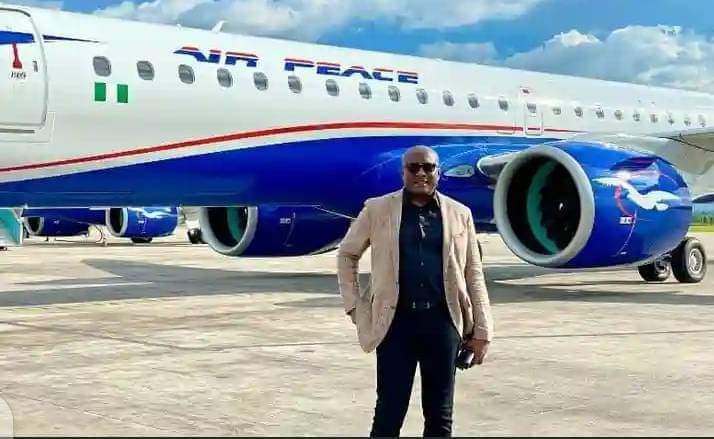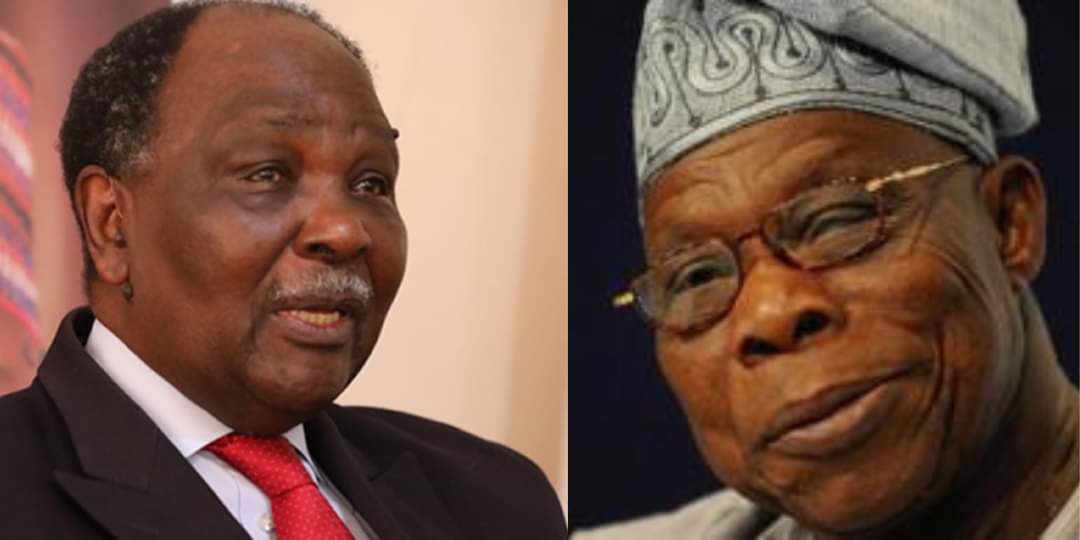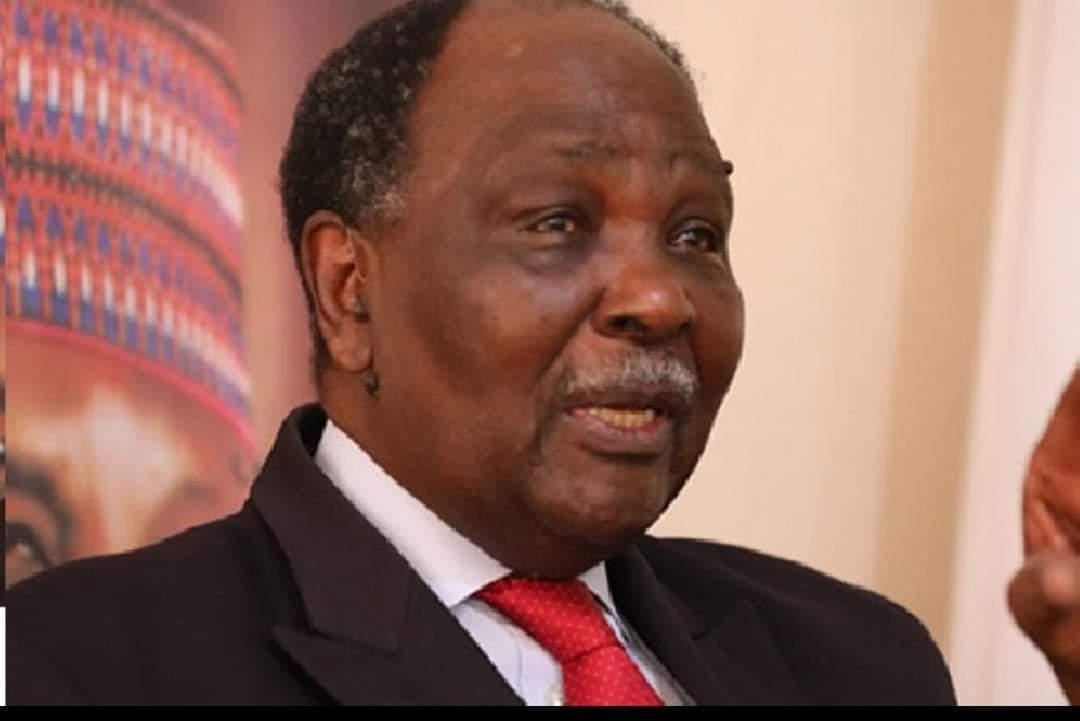The economy of the former Eastern Region of Nigeria was meticulously planned by the U.S. consulting firm Arthur D. Little, which was invited by Nnamdi Azikiwe (Zik). They initially collaborated with Dr. Michael Okpara, then later with Sam Otti and Eluwa, who headed the Civil Service. Louis Phillip Odumegwu Ojukwu, a prominent industrialist and the Chairman of both the Eastern Nigerian Development Corporation (ENDC) and the Eastern Nigeria Commodities Board (ENCB), played a crucial role in shaping the region’s economic strategy.
At that time, Louis Phillip Ojukwu chaired 15 multinational companies, including John Holt, PZ, Michelin, Costain, Thomas Wyatt, Guinness, and GB Ollivant. His immense wealth allowed him to fund the establishment of the Lagos Stock Exchange, where he served as its first president. Despite his contributions, Ojukwu declined to list his company on the exchange, fearing a loss of control.
A key aspect of the Eastern Region’s economic plan involved collaboration between Arthur D. Little and a group of young, talented economists from Eastern Nigeria. Notable among them were Dr. Pius Okigbo (PhD, Northwestern), Dr. Ukwu I. Ukwu (PhD, Cambridge), and Dr. Chukwu Sunday Okongwu (PhD, Harvard). These brilliant minds, despite being in their early twenties, worked closely with Arthur D. Little to design an economic blueprint for the region. The connection to this effort is personal for me, as I was taught by Ukwu I. Ukwu at Nsukka and worked with Dr. Chu S.P. Okongwu’s economic planning firm.
One of Arthur D. Little’s recommendations was the creation of a university to produce the skilled workforce needed to drive economic growth, as these skills were not yet being taught at the University of Ibadan. Consequently, Zik dispatched Dr. Akpabio, the Eastern Region’s Minister of Education, on an extended tour of universities in Michigan and New York. His mission was to collaborate in key fields such as medicine, engineering, surveying, photogrammetry, and business administration. The University of Nigeria Nsukka (UNN) became the first in Nigeria to offer these courses, while Ibadan focused mainly on Classics, General Science, and Medicine.
The region’s economy was largely driven by agricultural exports such as palm oil, palm kernel, cocoa (from Ikom), coffee (from Obudu), coal, and later petroleum from Izombe-Oguta and Oloibiri in Ijaw land. Development in the East, however, started much later compared to the West. Lagos and Abeokuta had a head start, as British colonial activities began in those areas as early as the 1850s, providing the Western Region with a 70-year lead in capital formation.
Yet, after the implementation of Arthur D. Little’s economic plan in 1958, the Eastern Region’s economy grew at an impressive annual rate of over 9.2%. This made it the fastest-growing economy globally for nearly a decade, from 1958 to 1967. It was projected that by 1978, the East would have caught up with the West in total gross capital formation, and eventually surpassed it. Unfortunately, the Nigerian Civil War (1967–1970) disrupted this trajectory, and the Eastern economy never fully recovered.
Louis Phillip Odumegwu Ojukwu was instrumental in establishing industrial estates and corridors across the East, aiming for widespread industrialization. His influence, as the chairman of numerous multinational companies, attracted foreign investment to the region. Under his leadership, industrial estates were established in:
Port Harcourt (Trans Amadi): Heavy industries
Aba: Light industries
Umuahia: Biotechnology
Enugu (Emene): Steel and industrial automation
Nkalagu, Port Harcourt, and Calabar: Cement and building materials
Onitsha: Retail trade hub
Ojukwu pushed for the establishment of three major cement plants: Nkalagu, Eastern Bulkcem in Port Harcourt, and the Calabar Cement Factory, though the latter was delayed by the war. Industrial corridors, like the Emene-Nkalagu and Port Harcourt-Aba routes, were designed to connect multiple industrial centers, creating economic zones akin to the Ruhr Valley in Germany. This interconnected network was expected to propel Eastern Nigeria’s industrial development.
Agriculture also thrived, with plantations for cashew nuts, cocoa, coffee, timber, and palm oil established across the region. Michael Okpara partnered with Israel to set up industrial farms and provide support services to local farmers. He personally ensured the delivery of seedlings to plantation sites in Enugu, Abia, Cross River, and other parts of the region.
The Eastern Nigerian Development Corporation (ENDC) and the Eastern Nigeria Commodities Board (ENCB), both led by Louis Phillip Ojukwu, managed the region’s economic growth. Revenue was generated through agricultural exports, foreign direct investments (FDI), and loans from the Commonwealth Development Corporation (CDC).
While oil was discovered late, the region’s first oil agreements were negotiated by Igwe J.U. Nwodo, Eastern Nigeria’s first Minister for Trade. Unfortunately, after the civil war, the Federal Government seized control of the East’s oil assets without compensation. This marked a significant loss for the region, as oil became a major revenue source for the entire nation, with minimal acknowledgment of its origins in Eastern Nigeria.
The civil war cut short the Eastern Region’s promising growth and industrialization, but its legacy remains a powerful lesson. Today, Nigerians benefit from the oil resources of the East, while its economy continues to rebuild. Instead of lamenting the past, Igbos should study the region’s rich history, understand the growth strategies that were interrupted, and work together to restore its economic potential.
